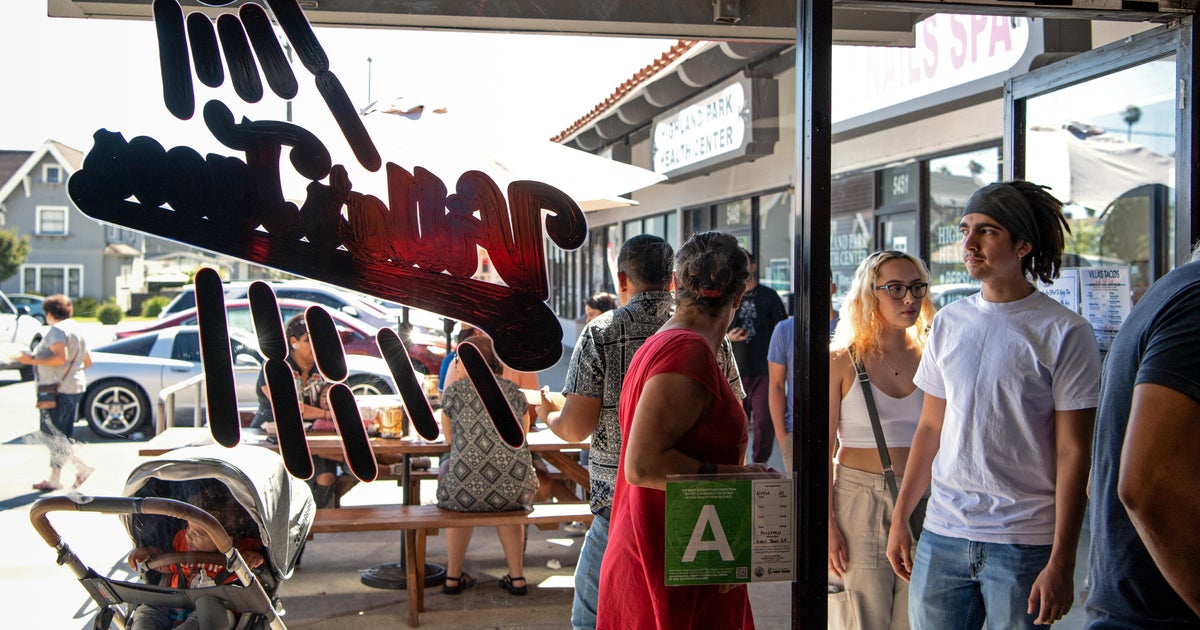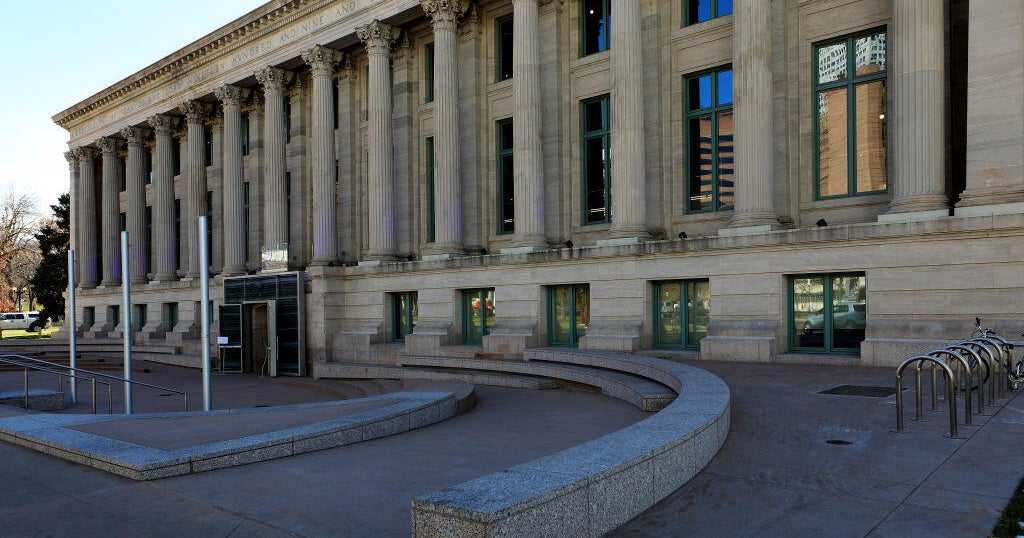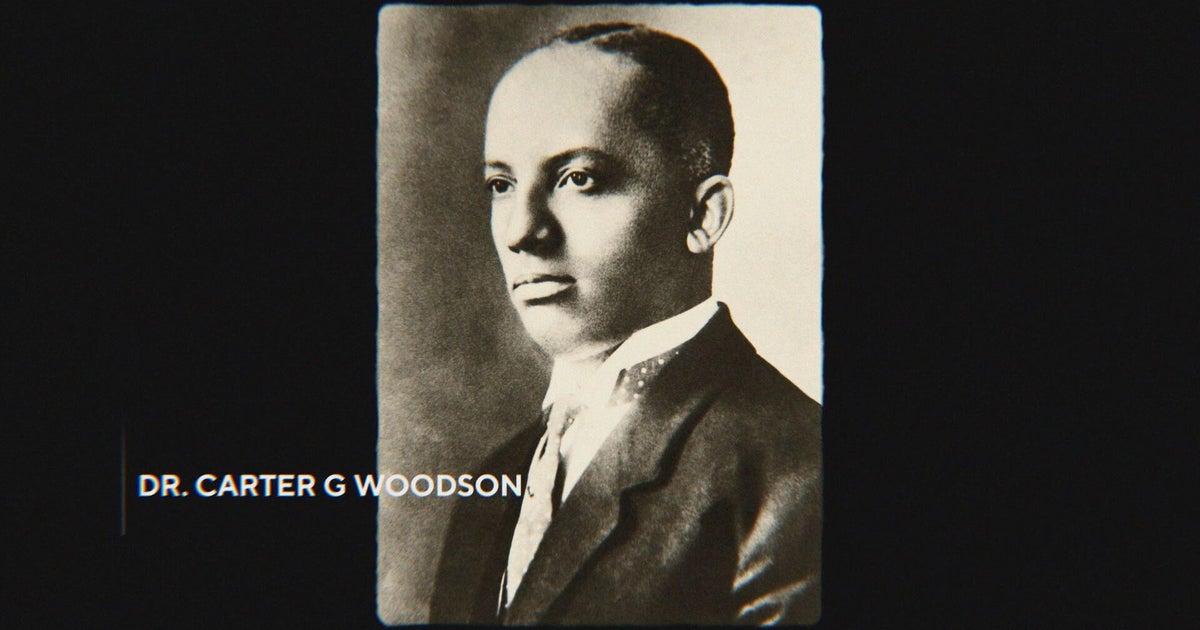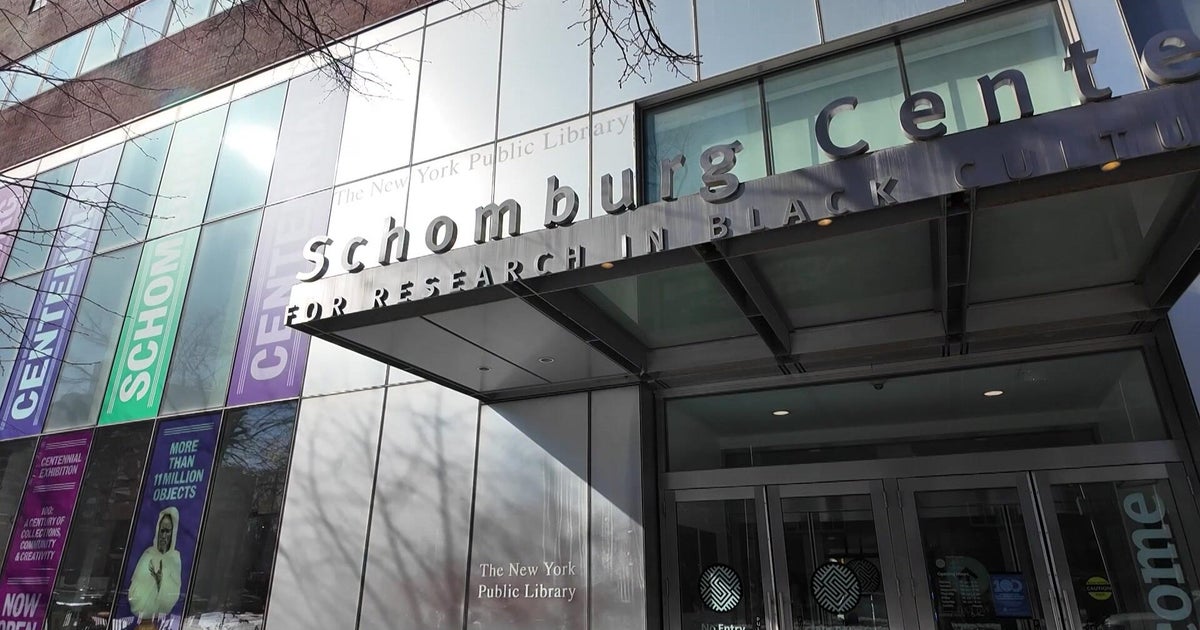Opinion: Occupy Wall Street's First Anniversary
Today is the first anniversary of Occupy Wall Street, a protest movement that began in Zuccotti Park in New York City’s lower Manhattan location in Wall Street’s financial district on September 17, 2011. Adbusters, a Canadian activist group started the movement which quickly went global. Most every large city – especially in the United States – had its own Occupy organization mimicking the messages from the iconic New York City original organization.
The main purpose of the Occupy Wall Street movement has been to spotlight the financial inequality as well as wealth distribution in the United States between the wealthiest citizens and the remainder of its citizens. Commonly, the wealthy have been referred to as the 1% while the non-wealthy have labeled themselves the 99%.
Though the initial protest began September 17, 2011, plans were in the works for the organization months before. Kalle Lasn and Micah White – of Adbusters publication which focuses on anti-consumerism – are credited with the thought processes that started the movement. The movement’s website, OccupyWallStreet.org was registered on June 9, 2011 by Lasn, and on July 13, 2011 the Adbusters website emailed the site’s subscribers regarding the initial steps in a peaceful occupation of America’s Wall Street to spotlight a global crisis of monetary collapse via a growing discrepancy in wealth.
Though the movement gained in momentum through the following months of its inception with its throngs of animated participants, the movement has greatly lost momentum in recent months. Though a branch of the organization will occasionally be mentioned in a sidebar to protests of all types – from new school year teachers’ strikes to business opening and closings that are of concerns to consumers – the headlines Occupy held through last fall and winter have subsided substantially.
The group has never regained its total strength since New York City police disrupted participants last year at their camp site due to public health concerns. That disruption occurred about a month-and-a-half after the protesters occupied the Brooklyn Bridge in which 700 persons were arrested. To date, that is about half of the total number of persons New York City’s police have arrested in relation to the Occupy Wall Street movement.
In an effort to revive the passion for the Occupy movement, there is a plan for Occupy Wall Street’s peaceful protesters to reunite at New York City’s lower Manhattan Wall Street financial district again on Monday – the first anniversary.
According to reports, Occupy Wall Street activists will be in force, making themselves known to the masses again. The plan is to circle the New York Stock Exchange at 7:00 a.m. Monday morning. The New York Stock Exchange, the world’s largest stock exchange by capitalization of its listed companies at just over $14 trillion as of December 2011, is located at 11 Wall Street in New York City. It is an impressive financial location to be noticed, indeed. For the purpose of being noticed, as in the past, the activists hope to tie up traffic – a terrific way to get noticed in a large city on a Monday morning during rush hour. The efforts to snarl traffic include sit-ins at intersections in the area.
The Monday morning event is following a weekend-long array of activities in New York City and other locations where there are still an “Occupy” presence. The events over the weekend included Wall Street-topic seminars, peaceful demonstrations, and music.
Over the weekend, some 300 marchers engaged in the preliminary activities where several arrests were necessary according to New York police.
Should the first year anniversary be a success in Occupy terms, there could be more arrests as there were in the past because permits have not been obtained, according to Occupy Wall Street organizers. The New York Police Department says it is prepared for the demonstration even though a permit has not been sought. The NYPD claims it is prepared to accommodate peaceful protests, but is also ready to make arrests for any unlawful activity. Of course, while that seems more than fair, one has to ask what is fair anymore.
There is an obvious irony in the fact that many who have fought the financial corruption on Wall Street have been – and will be – subjected to time in jail while the allegedly-corrupt individuals at the financial institutions being protested against are still walking the streets of New York with their American-given freedom.
How much good the Occupy Wall Street movement has accomplished and whether it warrants continuation for the inroads it has made is a question that is answered differently – depending on who one talks to about OWS. Additionally, whether or not OWS’s first anniversary is a happy anniversary for the movement depends on who’s answering the question, too.
In terms of results, OWS made the world aware of Wall Street’s nearly-obscene inequities. But, unfortunately, that has been about it. How much has really changed because of the 12-month-old movement?
For one thing, it seems the movement was afraid of getting “political”, and that kept many people disinterestedly away. Whether OWS would have been totally pro-current U.S. government by totally supporting President Obama and his financial policies or against Obama, it would have been more of a “stand” for people to grab a hold of. There was never this “political” tie-in to issues that are obviously very “political”.
OWS attempted to divide a nation that has been historically 50%-50%, via politics by being Republican or Democrat, into a 1%-99% economic division hasn’t translate as comprehensively as it needed to for total success. The “politics” needed to make the movement forge ahead has been cautiously avoided.
I believe the reason for OWS not going as political as the movement needed for lasting success is because OWS refused to call-out Obama for his economic policies. Playing it safe and not offending Obama and his supporters was their biggest downfall.
Praise Washington, D.C. when it makes the right moves – and blast the hell out of the current administration when it fails.
Then, of course, there was the image problem which is nearly impossible to deny. Showing up to peacefully demonstrate against an institution is something many would do. However, setting up camp in parks like homeless people and running the streets is not an image many Americans would ever consider endorsing. While the unemployment rate is high and the economy is atrocious, the fact is that most Americans – by far – do have jobs and would never even consider missing work or their beds at night to camp out with Occupy Wall Street’s troops.
OWS is a piece of Americana that many of us do not want to let go of yet.
However, for the movement to sustain life beyond its first anniversary, OWS needs to get more “politically-aggressive” – and the participants need to go home at night and, in the morning, either go to work or look for a job before being an activist on their own time. “Politics” will make the entire movement more relatable to Americans, and “going home at night” will improve the movement’s image for the essential universal-acceptance needed for survival.
About Scott Paulson
Scott Paulson writes political commentary for Examiner.com and teaches English at a community college in the Chicago area. The views and opinions expressed in this post are those of the author and do not necessarily reflect the official policy or position of CBS Local.







